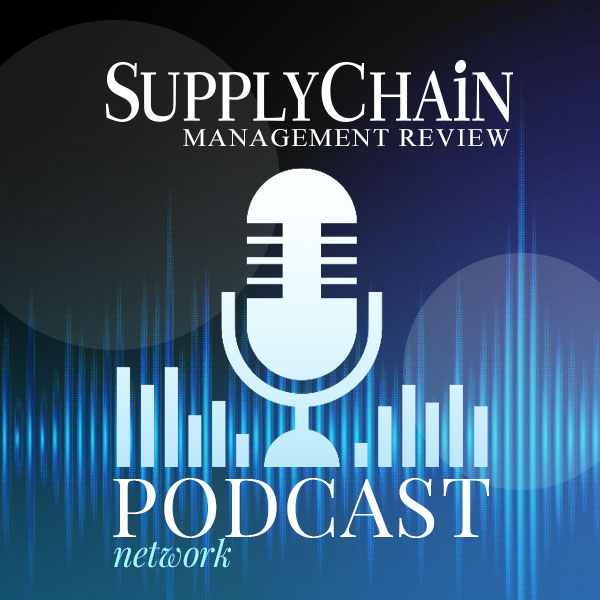Editor's Note: With the diversification of our industry's workforce, brand protection and risk management have become key concerns for supply chain managers in recent years. This guest column offers a few tips to consider when a crisis surfaces.
We recently had a racism incident, and it made me realize that despite their common occurrence, racism, bias, and unfair treatment of people are among the single biggest risks for which supply chain managers have not prepared. Amazon is a great example of a company that seems to control supply chain operational risk well, yet perceptions of unfair treatment of warehouse workers can destroy as much demand as any natural or man-made disaster.
Treatment of people must become a part of supply chain operational risk management. General Motors, Starbucks, Hollywood, and a variety of other businesses illustrate that racism and other bias incidents do not receive sufficient preparation and planning from a risk management perspective.
At its core, this is a leadership issue responsive to culture, operational parameters, and other environmental factors under the control of supply chain managers. Leaders must engage their entire workforce and supplier and customer bases in order to maximize competitive advantage.
Here are some observations that may help.
- You will have an incident: Some data suggests that the US in some areas is at all-time highs for de facto racial and ethnic segregation. Social media, “yellow journalism”, and other actors love to focus on these differences. Make sure you have a plan for when the inevitable happens.
- The pain is real: Someone who goes outside the normal processes to report an incident to the media, a civil rights non-profit, or a regulatory body has suffered disappointment at your organization's hands multiple times, and they are in pain. Hurt and pain and shame are powerful emotions, and motivation to express that pain may or may not lead to emotional embellishment. Avoid placing blame and arguing details—abdications of leadership that deepen the sense of victimization. Instead, reassure the victim that you're listening.
- You cannot verify all the facts: There was a rumor days after our campus event that the racial slur was actually someone singing a rap song and not an intentional slur. Such “explanations” and different recollections of events mean that there is little possibility of determining facts beyond the shadow of doubt. Focusing on behaviors over explanations shifts the discussion from emotional face-saving to constructive resolution. This will only work for leaders who convey a consistent vision of the organizational culture rooted in accountability for ethical and professional behavior.
- Sincere vs. Compliance-based Culture: Many organizations have a compliance-based culture—they do the discrimination and sexual harassment training, often by video (press play to comply!). A sincere culture goes out of its way to mentor diverse talent and create an environment of fairness and professionalism. This takes time, often years, to develop. Data is absolutely clear that businesses that invest sincerely in diversity perform better. Installing diverse leadership also means fewer incidents and more capability to deal with one when it occurs.
- Youth and wisdom often go hand-in-hand: I briefly met the student who elevated this issue on our campus. Often the most idealistic and committed to doing what's right are found among our younger organizational members. Pair them with older leaders who can guide their positive idealism into reality—we all want to create a better future.
SC
MR


Latest Supply Chain News
- Technology’s role in mending supply chain fragility after recent disruptions
- Tech investments bring revenue increases, survey finds
- Survey reveals strategies for addressing supply chain, logistics labor shortages
- Israel, Ukraine aid package to increase pressure on aerospace and defense supply chains
- How CPG brands can deliver on supplier diversity promises
- More News
Latest Podcast

 Explore
Explore
The Academy News
- AI, virtual reality is bringing experiential learning into the modern age
- Predicting stockouts: Enhancing FMCG resilience through data-driven insights
- Finding the Right Approach for Supply Chain Education
- The Supply Chain Triad
- Innovating Supply Chain Higher Education with Generative AI
- How Smart Supply Chain Management Boosts Brand Identity
- More The Academy
Latest Academy Resources

Subscribe

Supply Chain Management Review delivers the best industry content.

Editors’ Picks





